
Acknowledgement to SueSpace.
BISHOP John Fleming, in a letter to the priests and people of Killala diocese, has launched an appeal for funds for the parishes and the diocese of Killala.

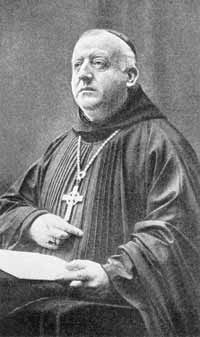
A FATHER was yesterday granted a High Court injunction restraining his former partner from naming their baby because he was not properly consulted.
Mr Justice Frank Clarke heard the father of the month-old baby girl had proposed dozens of names but the mother didn’t consider any of them.
The couple concerned, who have split up, cannot be named for legal reasons and an injunction was granted to that effect yesterday in the High Court.
In an affidavit opened to the High Court, the father said he was extremely concerned that the mother would proceed with registration and his child’s names will be chosen without any meaningful engagement with him.
"As a teenager, I spent three years at school in Guildford and Eastbourne", she says. "I spent many days going racing with the local priest and never missed a meeting at Epsom. I was always reading The Sporting Life.
Members of the Legion of Mary who joined the protests of local residents outside a Stringfellow lap dancing club in central Dublin, have expressed their delight at the recent closure of the club.
"In addition to this, the ongoing protests outside the club, which have continued to date, resulted in a reluctance of the vital corporate sector to embrace the club," the company said.



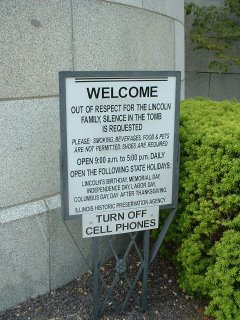

My shared reaction to the article in The Irish Catholic about Catholic nuns celebrating a pagan ritual on June 30 in West Cork, is one of puzzled concern.
Sr. Twomey's statement that paganism itself is a religion is at odds with my dictionary's explanation that a pagan is one whose outlook is irreligious, and it is definitely at variance with the Christian teaching that a pagan is one who does not worship the true God.
We sisters have often to remind ourselves that we are first and foremost confirmed members of the Catholic Church, before we are Sisters of Mercy, and that it is the truths of the Catholic faith that underpin our vocation. As a Sister of Mercy myself I pray for our sisters in Pairc a Tobair, and for all of us, that God, who is not an "other worldly God", but who is with us always, everywhere, will, in the words of Psalm 85. . . show us its way, show us its way, and guide our hearts, so that we may walk in His Truth.
Yours etc,
Sr. Aloysius McVeigh, Sisters of Mercy, Derry.
A Mercy nun has claimed that Christianity has much to learn from pagans.
Sr. Margaret Twomey, who is among a group of Mercy Sisters organising a celebration of the pagan festival of solstice later this month, told The Irish Catholic that "traditional religions such as paganism have much to teach us about how to live in harmony with other beings."
Countering criticism that the festival of solstice is not centred on Christ, Sr. Twomey said that "maybe sometimes we could focus too much on God and forget God's ways.
"If we are very focused on an other (sic) worldly God we can forget that God works through all God creates. In that forgetting we cannot treat it with the awareness or respect that it deserves."
She said that "maybe we have denigrated paganism too much, paganism itself is a religion, we can learn from it."
Sr. Twomey is one of a number of sisters who will gather in a West Cork field to sing, light a bonfire and perform a traditional circle dance on June 30.
"I wouldn't describe it as a liturgy", she said. "We call it a ritual in terms of a space where we gather. Prayer has different meanings for different people, some people are obviously from the Christian background, but many people come from other faiths or other belief systems.
"We emphasise what unites us rather than what divides us, in that sense we pray with people to whoever God is for them, if they use that word", she said.
The sisters, who live in a Dutch-built wooden house near the village of Rosscarbery, run the Pairc a Tobair centre to emphasies the interconnectedness of nature. "It's funded entirely by the Mercy Order" Sr. Twomey explained. "We see the park as an expression of our ministry of education and healing".
She explained how "the leadership of the Order wanted to make a practical response to questions about the damage humankind was doing to the planet, and also to our knowledge that all of life is interconnected."
The land was available, and the Order appointed two nuns to run the project initially, and there are currently three sisters engaged in the ministry, which, Sr. Twomey says has a threefold dimension:
1. restoring biological diversity,
2. healing and education,
3. self sufficiency.
"We are trying" Sr. Twomey said, "to develop a way of life that integrates the whole of our life".
"A group of nuns are to celebrate the summer solstice at the end of this month in a ceremony of some sort. This strikes me as very strange. It is no part of the Christian tradition, and never has been. Christianity should have the care of nature as one of its concerns, but it is not a nature-centred religion. It is a Christ-centred religion, and its ceremonies, its rituals and its liturgy must always reflect this. It must be Son-centred, not sun-centred".



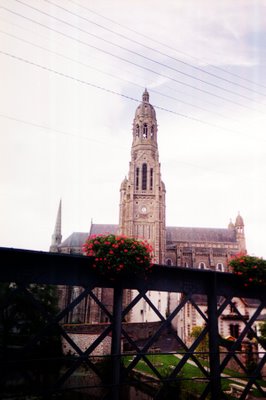
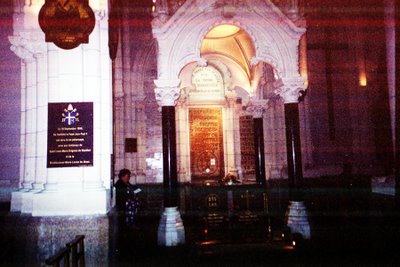
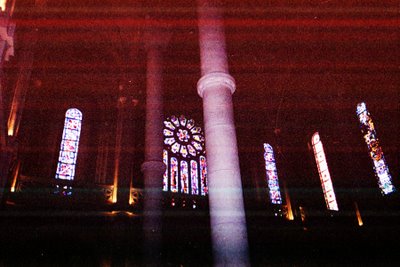
"Yet, from the start at Westminster, there was perhaps a hint of strain in Basil's custom of having two boiled eggs and a choc ice before going straight up to his "cell" (bedroom) as soon after 10.30pm as could be managed. (There was only one exception to this rule: in the winter when Match of the Day was on BBC1 on Saturday nights, Basil postponed his bedtime and insisted on watching right through to the end.)"
An armed robber on a bus in Brazil, asked an Irish priest to pray for him after he discovered that he was a priest.
A RECENTLY-RELEASED prisoner carried out a robbery at a betting shop because he wanted to return to jail, a court was told.

His place in history is secured because a medieval document, the Navigatio (The Voyage), bears his name. Some people hold that this odyssey is based on an actual voyage which Brendan made to North America. The Voyage was a most influential work in medieval times. Its text survives in some one hundred and twenty manuscrpts, some of them in Latin and the others in early forms of modern continental languages. The earliest surviving manuscript dates from the late tenth century. The Voyage is usually, and probably correctly, ascribed to a late ninth-century Irish peregrinus ("pilgrim" or "missionary exile") working in the Netherlands or Germany. A fascinating conglomeration of fact, fantasy and plagiarism, its popularity on the Continent in the Middle Ages led to a cult of Saint Brendan there and means that the name of a comparatively obscure sixth-century Irish monk survives in the name of a thriving city in Germany, Brandenburg.